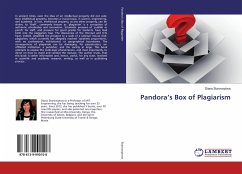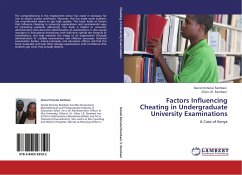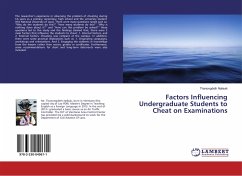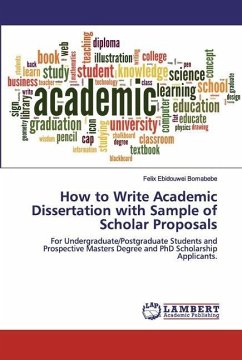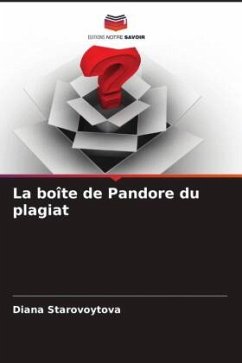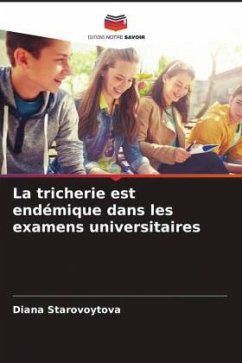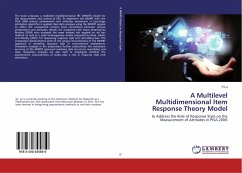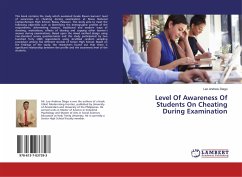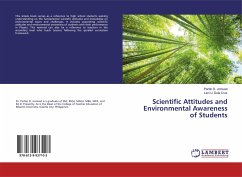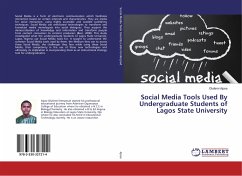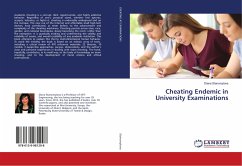
Cheating Endemic in University Examinations
Versandkostenfrei!
Versandfertig in 6-10 Tagen
62,99 €
inkl. MwSt.

PAYBACK Punkte
31 °P sammeln!
Academic cheating is a corrupt, illicit, opportunistic, and highly addictive behavior. Regardless of one's personal stand, whether one ignores, accepts, tolerates, or fights it; cheating is undeniably widespread and on the increase. The new era of the Internet and affordable small high-tech devices, have contributed, as never before, to the advancement and complexity of the cheating machinery. Cheating persists across class, race, gender, and national boundaries, slowly becoming the norm, rather than the exemption. It is gradually eroding and undermining the validity and reliability of exams, ...
Academic cheating is a corrupt, illicit, opportunistic, and highly addictive behavior. Regardless of one's personal stand, whether one ignores, accepts, tolerates, or fights it; cheating is undeniably widespread and on the increase. The new era of the Internet and affordable small high-tech devices, have contributed, as never before, to the advancement and complexity of the cheating machinery. Cheating persists across class, race, gender, and national boundaries, slowly becoming the norm, rather than the exemption. It is gradually eroding and undermining the validity and reliability of exams, and overall credibility of any academic institution. This book attempts to explain this thorny multi-dimensional human behavior. To avoid the triviality, the book is based on an eclectic array of tools, including a critical review of 470 reference materials; 22 theories, 10 models, 3 supportive approaches; surveys, observations, and the author's close and personal experiences in dealing withexam cheating. The book, hopefully, contributes, in its small way, to the body of knowledge on exam cheating, and to the development of moral citizens and ethical professionals.



